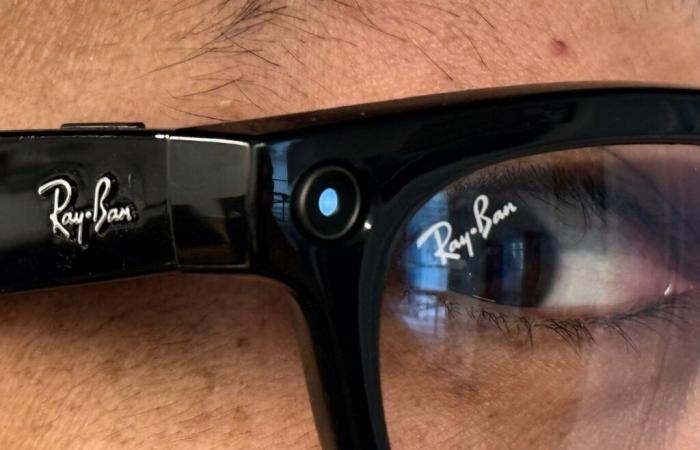metaAre you planning to buy Ray-Ban Meta connected glasses to immortalize your moments of life? Be careful before triggering the camera. The CNIL has just reminded Tech & Co the legislation in force. And it's more restrictive than you think.
Film yes, but for yourself
If the CNIL must remind us of the law, it is because the discretion of the cameras in connected glasses presents an intrusive aspect that has never been seen before. However, the rules in force are the same as those applied to any device capable of filming, including smartphones.
The CNIL therefore reminds that users must comply with the rules of the GDPR. So they can film strangers on the street without any problem to “a strictly personal activity”. The images must under no circumstances be distributed, in any form whatsoever: online, on social networks, live, recorded, etc.
“The use of the device would therefore be illegal” in the event of distribution of content. The user must respect the “principle of loyalty and transparency which requires that people filmed or photographed be informed of the processing of their personal data and enabled to exercise their rights”.
In summary, people filmed in the street must give their consent. Audiovisual companies are used to having people filmed sign broadcasting agreements. It's hard to see how each individual filming on an iPhone or with their Ray-Ban Meta could do the same.
Connected glasses or smartphone: same fight
These limitations are not exclusive to connected glasses. Any device allowing filming is governed by this regulation, including smartphones. So why is Meta particularly singled out?
Firstly because glasses are a new technology. And like any innovation, it tends to scare. Afterwards, the quasi-invisible nature of the device can be disturbing. The Ray-Ban Meta does display a light around the lens when recording, but this indicator remains more discreet than a smartphone camera pointed at a stranger.
If Meta explains on its site that its glasses allow you to share “a unique perspective by streaming live on Instagram and Facebook”the company still specifies that it is preferable to stop “recording if a person prefers not to be filmed”. She also adds that each user must show themselves “particularly vigilant” to the people around him “before launching a live broadcast”. Of which act.
So is it really forbidden to film strangers in the street? Yes, if we plan to distribute them. No, if it is contained, it remains private.
There are other exceptions. On the site Service Publicit is indicated that these rules do not apply in the event of a public demonstration or during current events. Generally speaking, any content distributed within the framework of the right to information is not affected by this ban.
???? To not miss any news from Presse-citron, follow us on Google News and WhatsApp.
By: Opera






